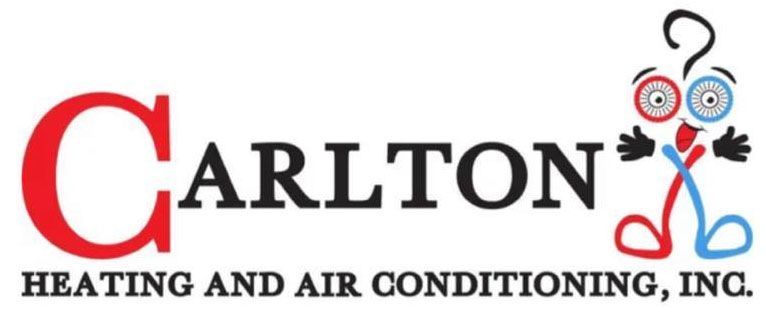FAQs
Carlton Heating & Air Conditioning Inc.
Have an HVAC-related question? We have the answer. Check out these FAQs and give us a call today for more information!
What brands do you work with?
We work with all brands to meet our customers' needs. However, we are authorized dealers for American Standard and Goodman.
Do you provide emergency services?
We are available 24/7 and can be on-site within 2 hours.
What kinds of services do you provide?
We provide HVAC services, emergency repairs, installation, and all other HVAC services.
How often should my A/C be serviced?
We recommend, your A/C should be serviced twice a year, once in the spring before the cooling season and once in the fall before the heating season.

Share On: